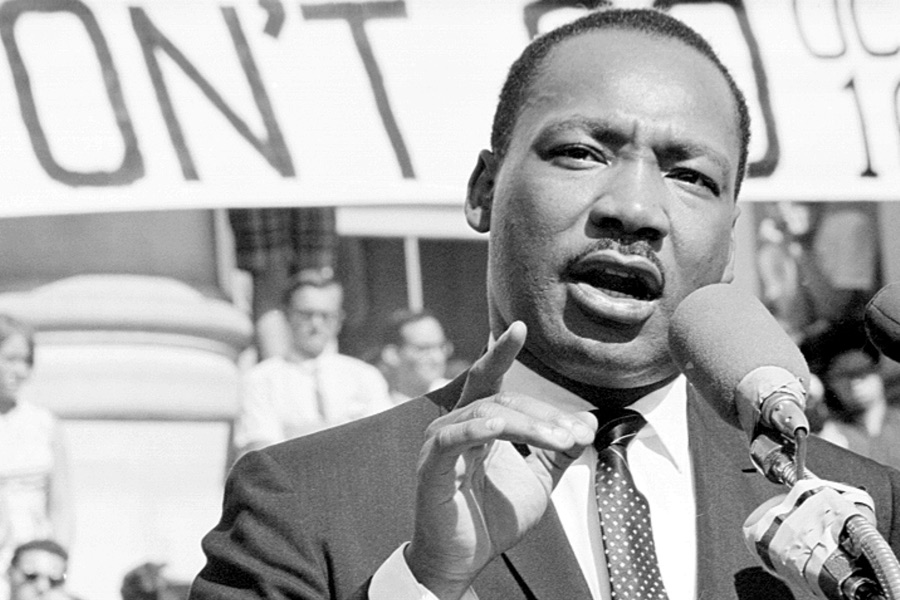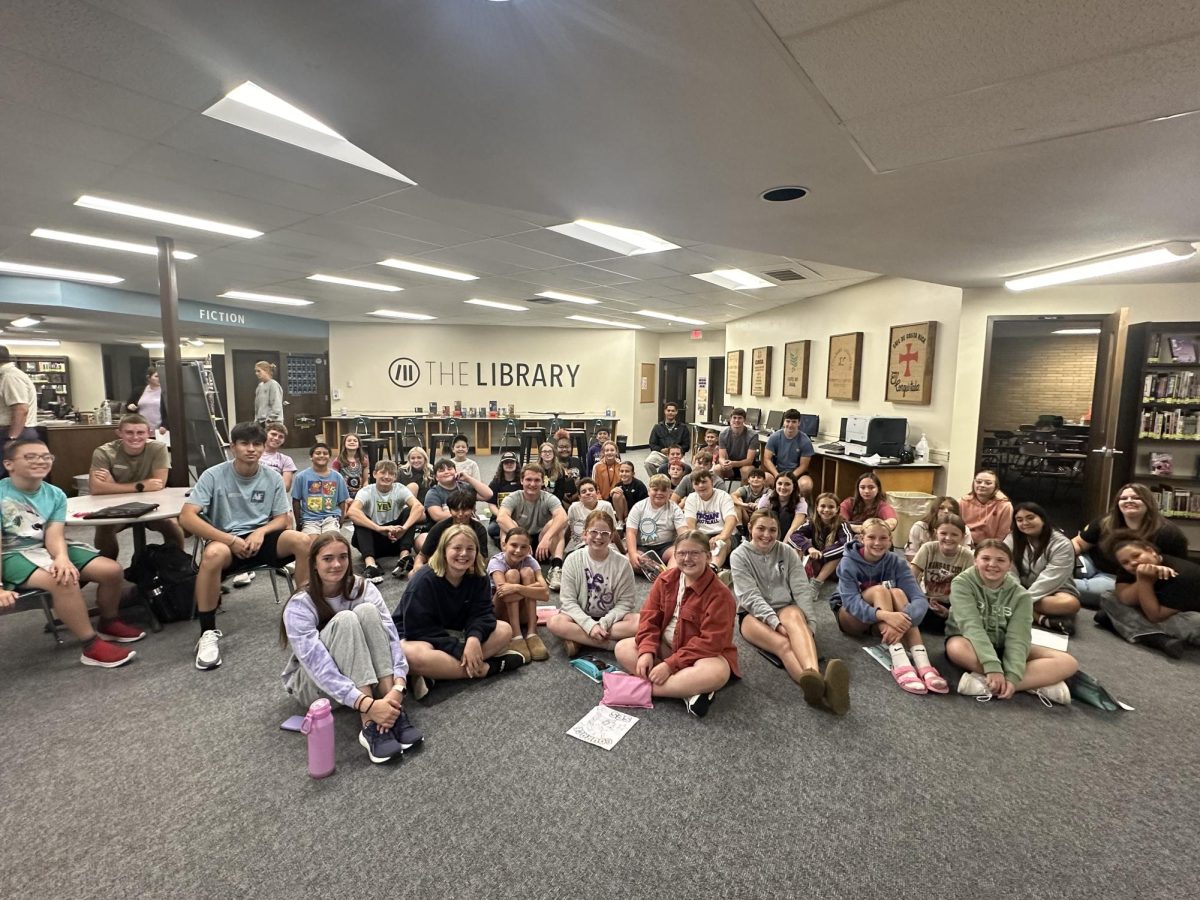Celebrating MLK Jr. and his efforts for civil rights
Civil rights leader Reverend Martin Luther King, Jr. delivers a speech to a crowd of approximately 7,000 people on May 17, 1967 at UC Berkeley’s Sproul Plaza in Berkeley, California. (Photo by Michael Ochs Archives/Getty Images)
January 16, 2022
In 1983, legislation was passed making the third Monday of January a national holiday dedicated to remembering one of the most influential civil rights leaders in history. This baptist minister protested for the end of racial segregation via non-violent means. Of course, I’m talking about Martin Luther King Jr., and on Jan. 17th, we celebrate his impact on the Civil Rights Movement.
Martin Luther King Jr. devoted himself to ending racial discrimination and segregation through peaceful methods. His leadership played a crucial role in making a change in the United States, including the creation of the Civil Rights Act of 1964. Despite his death in 1968, the legacy of what he helped create will live on far beyond both his and our times.
Dr. King understood the importance of nonviolent means, as he knew any provocative actions would immediately fit into the rhetoric of what many thought about the Civil Rights Movement at the time. Despite this, opposition against Dr. King and the movement continued to express hatred freely through beatings, extreme measures, and killings, all while King and his movement continued to act through peaceful sit-ins, protests, and marches. These peaceful protests met with extreme retaliation exposed the true intentions and brutality of those who opposed the movement. There was no other excuse to react in such harsh and cruel ways other than blatant racism, and that was that.
Along with preaching for nonviolence, Dr. King knew that, in order to make change nationwide, the movement would need to be unified in a common goal. Without unity in what they wanted, little to no change would occur, but as a whole, the massive amount of protests and civil rights leaders that advocated for a single set of goals achieved astronomical progress both culturally and politically. Their unity in the cause led to a massive shift in the racial issues of America over the next few decades leading up to today.
Even though MLK helped create massive cultural change on the outlook and treatment of African Americans, the issue of racism and its effects from the Jim Crow era remain prevalent today. Education inequality, racial prejudice, and more continue to affect millions of people today. In honor of Dr. King and his movement towards total racial equality, I ask you to celebrate one of the most influential Civil Rights leaders in history and recognize that movements like his aren’t over.







